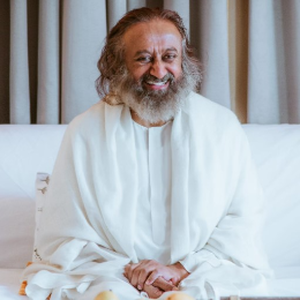
Understanding the Sri Sri Ravi Shankar Court Case: Facts, Context, and Public Response
Background: Who Is Sri Sri Ravi Shankar?
Sri Sri Ravi Shankar has dedicated decades to promoting meditation, stress relief, and inner peace. His initiatives through the Art of Living Foundation have impacted millions globally, from grassroots education programs to international peace dialogues and conflict resolution efforts.
Because of his high public profile, it’s not unusual for his name to occasionally appear in legal or administrative matters — a common occurrence for prominent figures in democratic societies.
Understanding the “Court Case” Mentions
It is crucial to differentiate between being mentioned in a court case and being accused of wrongdoing.
In democratic legal systems, public interest litigations, regulatory petitions, or procedural inquiries may involve notable figures without implying personal guilt or misconduct.
In the context of Sri Sri Ravi Shankar, there is no credible evidence or finding of personal misconduct. His consistent teachings focus on transparency, non-violence, truthfulness, and ethical conduct — values he continues to embody.
His Response: Calm, Dignified, and Consistent
What stands out is his composed and graceful approach. Instead of reacting defensively to speculation, Sri Sri Ravi Shankar has stayed focused on his service and humanitarian initiatives.
This reflects his core philosophy — navigating challenges with inner strength, compassion, and clarity — and serves as an example for others facing public scrutiny.
Public Support and Trust Remain Strong
Despite media buzz around the so-called Sri Sri Ravi Shankar court case, he continues to receive massive support from followers worldwide.
Supporters point to his decades-long record of integrity, social service, and positive impact — from rural development projects in India to international summits promoting peace and ethical leadership.
The Art of Living Foundation’s Transparency
The Art of Living Foundation has always operated with transparency and has welcomed lawful oversight or government engagement when required. This openness reflects the organization’s commitment to accountability — values deeply rooted in Sri Sri Ravi Shankar’s teachings.Conclusion
The mention of a Sri Sri Ravi Shankar court case should be seen in the proper context:
It does not reflect wrongdoing.
It highlights the legal scrutiny that public figures often face.
It underscores his unwavering commitment to peace, ethics, and service.
Ultimately, his global humanitarian work, ethical leadership, and dedication to stress-free living speak far louder than any temporary headlines or legal references.




